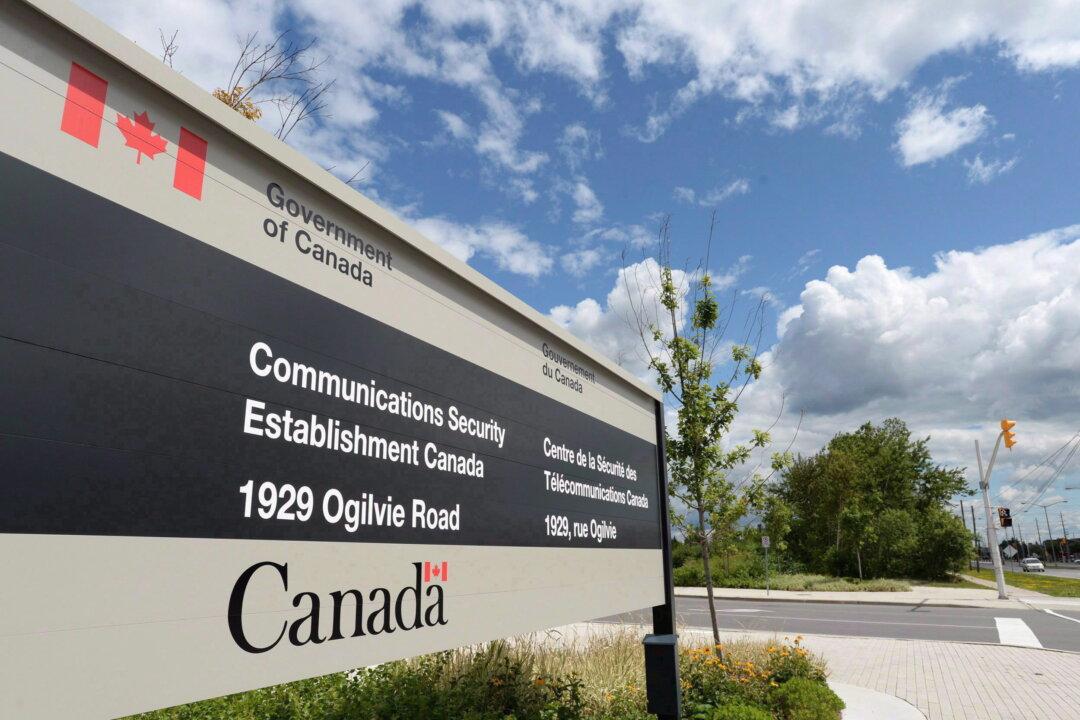Canada’s cybersecurity agency’s acknowledgment that it is undertaking “foreign cyber operations” is significant as it shows the agency’s willingness to engage in activity that involves questions of authorization of operations in other jurisdictions, and is joining allies in actively deferring cyber threats.
Canada’s Communications Security Establishment (CSE) said Monday that it has both the “active” (offensive) and defensive cyber tools to make it more costly for the foreign hackers behind the growing number of cybercrimes.





